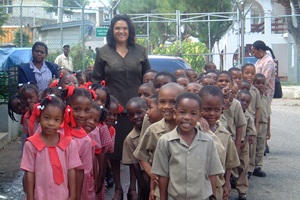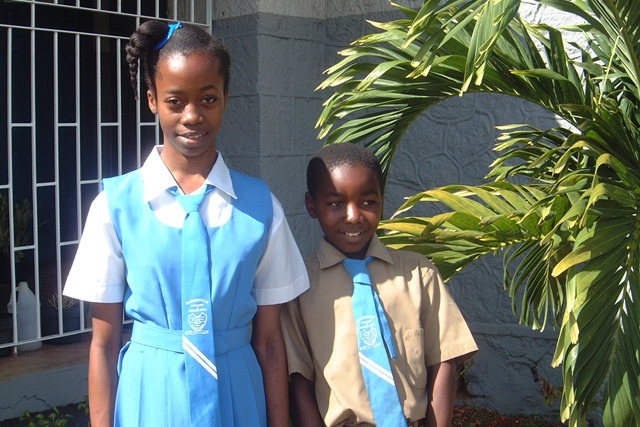Can Jamaica learn lessons in education provision from the UK?
In today’s world where there has been so much progress in technology and business it is disappointing that children are not equally accessing quality educational provision.
As reported in the Gleaner earlier this year: “Some 50 per cent of the children entering grade one at the primary school level in Central Kingston cannot pass a readiness test. So many more, despite the efforts of many of their parents and certainly most of the teachers do not make the grade when it comes to the Grade Four Literacy and Numeracy Test:
“Although the situation in many countries labelled as developed is not much better, there are professional practices and resources that could be shared between countries like the UK and Jamaica in order to improve the outcomes for children in Jamaica.”
It is certain that without consistent access to quality education students will suffer detrimentally in all areas of their lives. They will continue to fall behind as they move through education systems or drop out before gaining the knowledge and skills they need to become productive citizens.
Unfortunately, for countries such as Jamaica that have high developmental needs this paints a poor picture for future development in business. Underachieving students are more likely not only to become a financial burden on society but also to become involved in criminal activities and contribute to social problems.
Whilst it always easy for those who are challenged within a system to claim that more money would solve the situation, the fact that countries like the UK have significantly higher levels of spending on education also have problems with poor levels of achievement among certain groups of students suggests money is not the answer.

Photo Credit Deborah Gabriel - Copyright
Whilst money and resources are helpful when providing quality provision in education, the most valuable resource is people.
More emphasis needs to be on developing Jamaican teachers through training and the sharing of professional practice between them and teachers around the globe. Such an approach to education would see knowledgeable and skilled people from a range of disciplines collaborating to improve services.
In addition to this, links being established between professionals around the world, for example between the UK and Jamaica would facilitate the sharing of physical educational resources.
In the UK where there is a large population of people from Jamaican descent, there are many teachers, social workers, youth workers and other professionals that have access to a variety of resources that could be shared with Jamaican child health, education and care providers.
In many settings in the UK there are an excess of resources. Through effective international partnerships between professionals from a range of disciplines resources could be shared.

